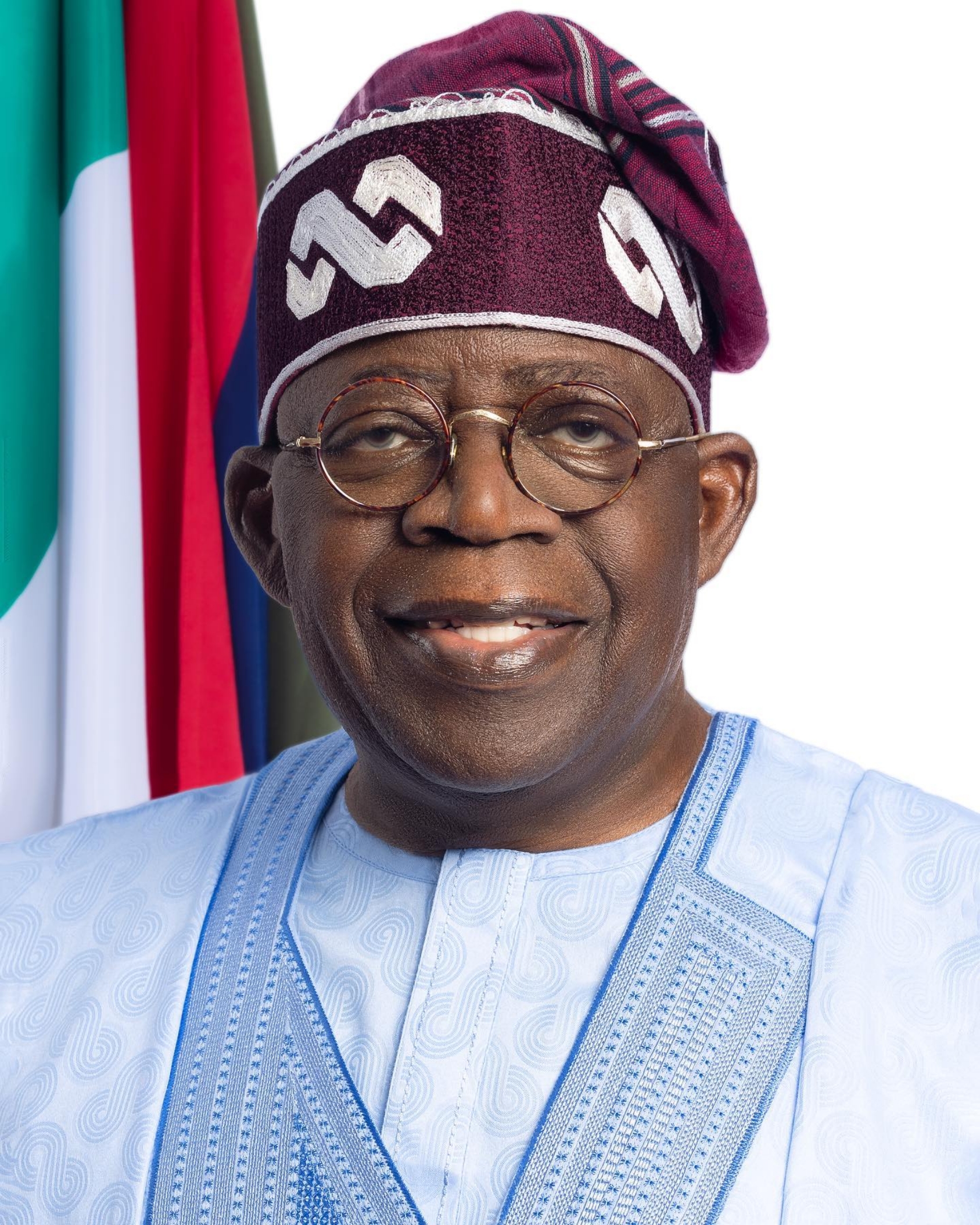Featured
40 CSOs Apology, Pass Vote Of Confidence On FIRS Chairman

Fourty Civil Society Organisations under the auspices of the Civil Society Committee Against Corruption in Nigeria (CSCACN) has given a vote of confidence to the Chairman of the Federal Inland Revenue Service (FIRS), Mr. Zacch Adedeji, for his exceptional leadership and achievements in revenue collection, tax administration, and contribution to national development.
At a press conference in Abuja, on Monday the CSCACN apologized for a previous petition that had accused Mr. Adedeji of wrongdoing, stating that the allegations were based on inaccurate and misleading information.
The CSCACN represented by Abdullah Mohammed, Segun Ojo Abayomi, Syvester Agbonlahor, Nwachukwu Emeka and Ahmed Sanni during the press conference acknowledged Mr. Adedeji’s strategic vision, innovative approach, and effective management of the FIRS, which he said have resulted in significant improvements in revenue collection, taxpayer engagement, and institutional capacity.
The CSCACN highlighted Mr. Adedeji’s achievements, including the automation and digitalization of tax administration processes, improved taxpayer sensitization and engagement, strengthened institutional capacity and governance, and contribution to national development through increased revenue collection.
“CSCACN would like to sincerely apologize to the Chairman of the Federal Inland Revenue Service, Mr. Zacch Adedeji, for the petition we had submitted to the Code of Conduct Bureau. We regret any inconvenience or damage this may have caused to his reputation and the integrity of the FIRS. Our actions were driven by a genuine concern for transparency and accountability in public office, but we should have verified the information more thoroughly before making such serious allegations,” he said.
Aminu said under Mr. Adedeji’s leadership, the FIRS has strengthened its internal control mechanisms and compliance with best practices in corporate governance, adding that this has helped to enhance the overall integrity and credibility of the agency, making it a more trustworthy and reliable partner in the country’s tax ecosystem.
He said further that, “Moreover, the FIRS under Mr. Adedeji’s stewardship has collaborated with other government agencies and international partners to combat tax evasion, money laundering, and other financial crimes. This has helped to strengthen the country’s economic resilience and protect the integrity of its financial system, which are essential for attracting foreign investment and fostering sustainable economic growth.”
The group expressed its unwavering support and confidence in Mr. Adedeji’s ability to continue leading the FIRS to greater heights, and called upon all Nigerians, the government, and relevant stakeholders to support the FIRS in its efforts to enhance tax administration and contribute to national development.
Featured
President Tinubu Decries Violence In Rivers, Directs Police To Provide Security To LGA Offices

Joel Ajayi
President Bola Tinubu has called on Governor Siminalayi Fubara, political leaders and their supporters in Rivers State to exercise restraint and uphold the rule of law.
In response to recent tensions following last Saturday’s local government council election, the President expressed deep concern over reports of arson and explosions in the state.
He urged all political actors to de-escalate the situation and discourage their supporters from engaging in violence or destructive actions.
President Tinubu directed the police to restore and maintain peace, law, and order immediately.
While instructing law enforcement agencies to bring the situation under control, he emphasised the need to ensure the security of public institutions.
President Tinubu said government facilities built with public funds must be safeguarded from vandalism.
He stressed that self-help has no place in a democratic system, especially after 25 years of continuous democracy.
According to President Tinubu, the judiciary can settle all political disputes, and the outcome of this election should be no exception.
-

 Featured5 years ago
Featured5 years agoLampard Names New Chelsea Manager
-

 Featured5 years ago
Featured5 years agoFG To Extends Lockdown In FCT, Lagos Ogun states For 7days
-

 Featured5 years ago
Featured5 years agoNYSC Dismisses Report Of DG’s Plan To Islamize Benue Orientation Camp
-

 Featured5 years ago
Featured5 years agoChildren Custody: Court Adjourns Mike Ezuruonye, Wife’s Case To April 7
-

 Featured3 years ago
Featured3 years agoTransfer Saga: How Mikel Obi Refused to compensate me After I Linked Him Worth $4m Deal In Kuwait SC – Okafor
-
Sports2 years ago
TINUBU LAMBAST DELE MOMODU
-
Featured5 years ago
Board urges FG to establish one-stop rehabilitation centres in 6 geopolitical zones
-

 News1 year ago
News1 year agoJubilation In Kaduna As Tribunal Upholds Ekene Adam Winner Of Reps Election
